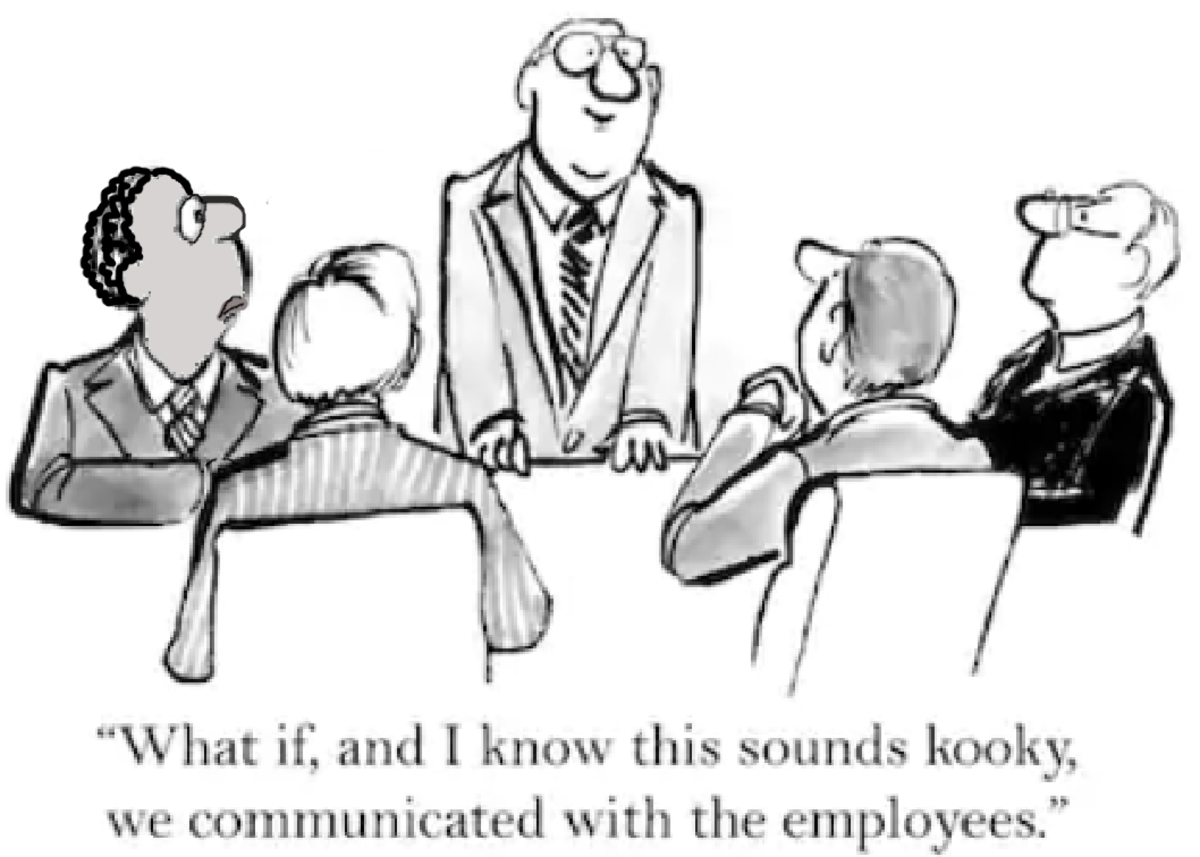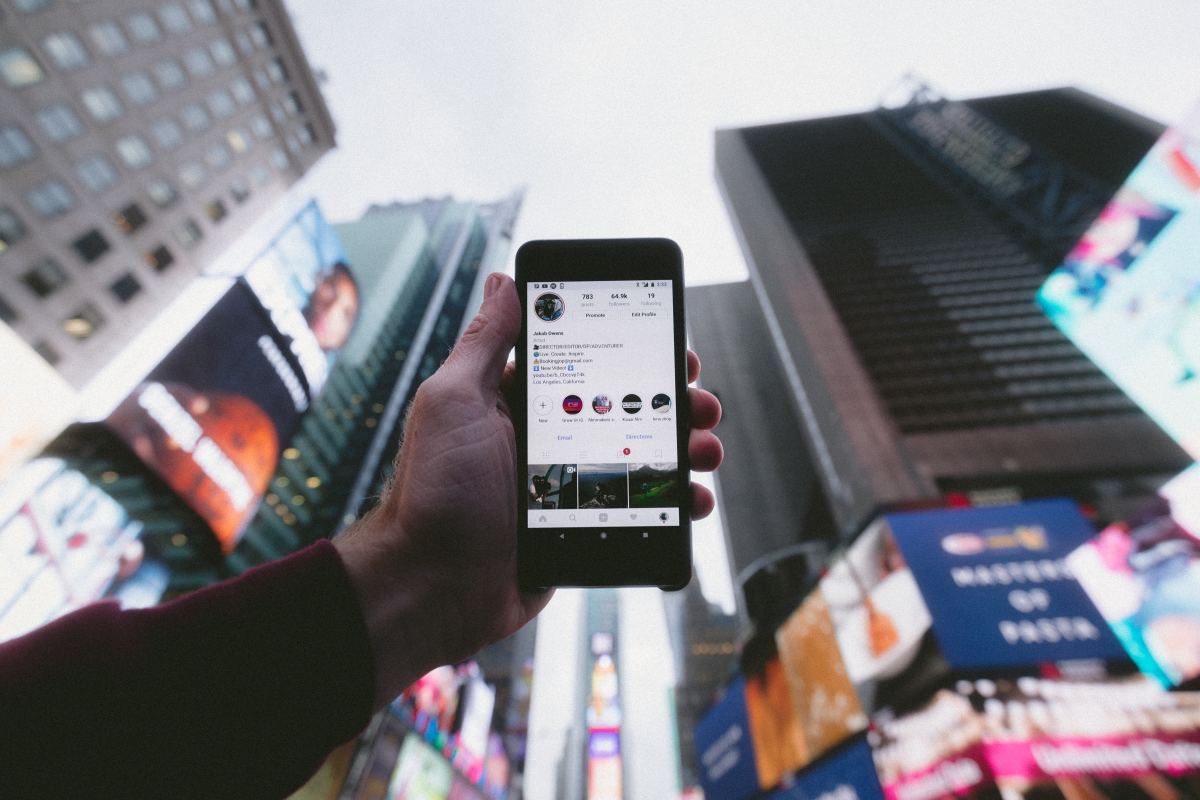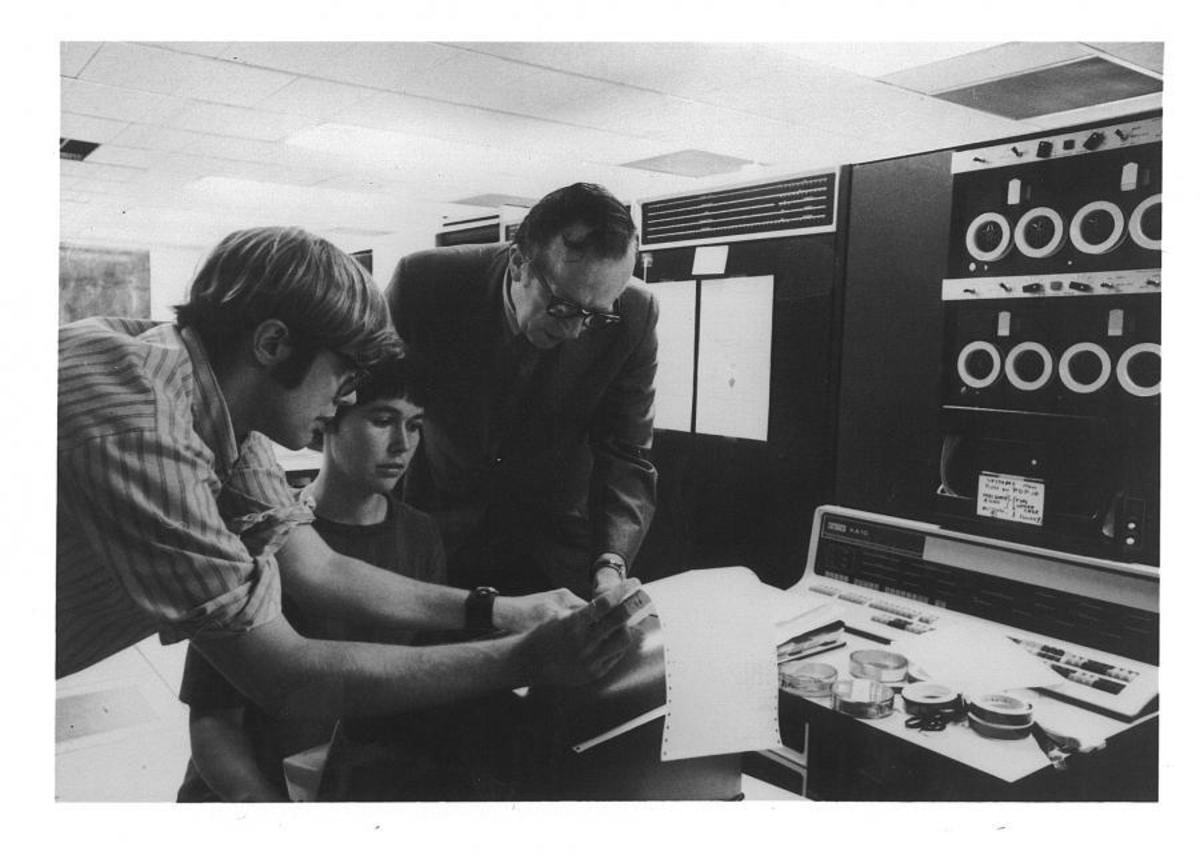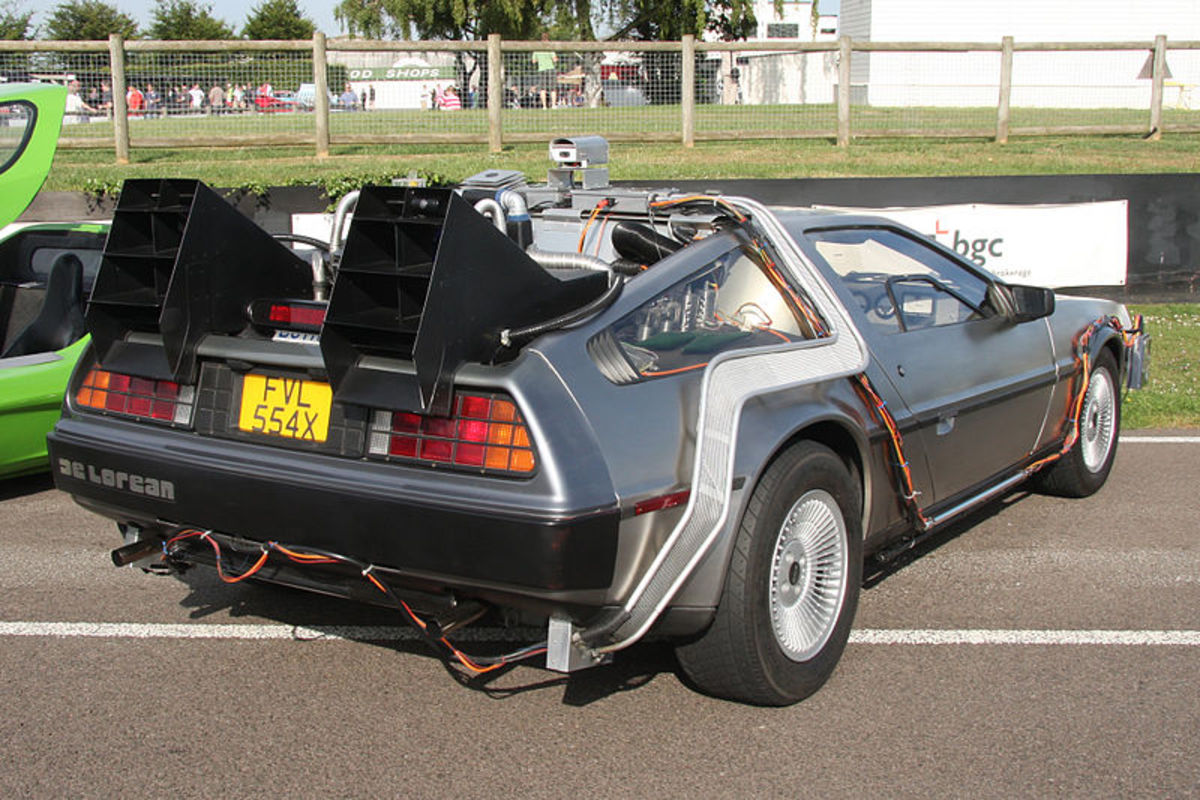- HubPages»
- Education and Science»
- History & Archaeology»
- Major Inventions & Discoveries
The History of Communications, A Timeline

The Birth of Communication - Gather Around the Hearth
Is social media the hearth of the modern age? The fire around which we all gather? The internet is not new and neither is social media but there is no denying their importance in the history of communication.
The hearth was a central focal point for early civilizations, a gathering place for communities to eat, drink and talk.
It was the fire in the centre of the house - it flickered brightly at night and warmed the bones of the people who built it. They made fire for warmth and to cook food and heat liquids; it was the place for stories about hunting and fishing (or maybe for the women, cooking what their men had hunted). They sang together and talked together. It was a place for myth and stories and in time, for songs and laughter.
To see social media in context it is best to see how it fits in with other means of communication through the ages - we still gather together but broadband media has enabled us to get together many miles apart - together but alone.
Tonight you might read this on one tab and have Facebook open on another tab - little pale blue notifications popping up regularly in the left hand lower corner of your screen to let you know that someone has commented or joined the conversation. Maybe Tumblr is open too and a friend is sharing photos on Flickr. Maybe you receive a Skype call? Isn't this amazing? Is someone tweeting right now?
Broadband internet is your hearth tonight - the fire in the centre. It means that when your friend talks to you from the USA, Canada, UK, China, Brazil, Spain, Australia, you can hear them and you can communicate with them straight away.
Broadband internet has changed the history of communication for the better - people have not changed. We still want to talk to friends and family, we still want to feel part of the community and broadband internet makes that happen.
How did broadband internet and through it, social media, change the history of communication? It gave the people what they wanted - to be together.
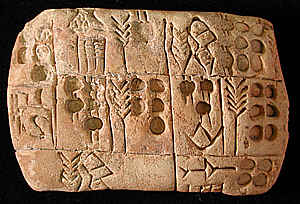
Early Communication -Writing On Stone Tablets
'Writing', well it wasn't exactly writing, more a series of drawings strung together on stone tablets.
The Phonecians, Egyptians, Greeks and others used this as a means of leaving tributes to the Gods or other deities and of course, in France cavemen drew on the walls of caves to tell their stories and communicate what they saw in their day to day lives (wild animals feature a lot!).
But was this means of communication one we would consider effective? Surely writing on tablets took a long time for the writer using some sort of tool to scrape away lumps of limestone on the way to commuicating their message.
What did all of those strange hieroglyphics mean? Were they significant?
Hieroglyphs were actually the first version of phonics - a system of characters representing sounds.
English schools have gone back to using phonics to teach spelling so the Egyptians knew a thing or two about how to communicate didn't they?
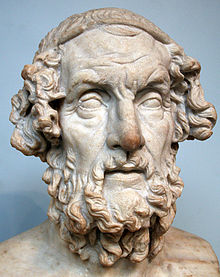
Communication - Storytelling - The Greeks were Really Good At It!
Homer was a storyteller- perhaps the king of all storytellers and he wrote the Odyssey and the Iliad.
The Iliad is generally recognised as the first piece of Western literature.
Homer was an epic poet and he wrote poems about the Trojan Wars.
In turn his poetry was repeated, it was the product of an oral tradition. Exactly when his poetry was transcribed is a matter of conjecture but in the wider sense of looking at epic poetry as a means of communication, we hark back to the hearth again; people gathered together to hear tales and stories.
The epic poetry of Homer is an extension of this tradition - communicating to a crowd en masse. In turn his poems were repeated by others to their communities. Homer's work was not written down on papyrus until about the 8th century BC.
The Greeks understood this tradition as a central part of their culture. Homer's readings would have been somewhat grand and theatrical - people may have hung on his every word. A silence might have fallen across the crowd as he built up his poetic tale. The Greek theatre is also born out of this tradition of storytelling; it adds a cultural dimension to commuication - the Greeks were not only communicating with one another but also with their gods - they believed that the gods could hear and see them.
Can we compare broadband internet to the oral tradition of epic poetry? Not really, one was about travelling from place to place to engage audiences in your epic tales. That human contact cannot be duplicated by broadband internet, not in the way it was intended by Homer anyway. But nobody would argue that both means of communicating share a strong cultural dimension.
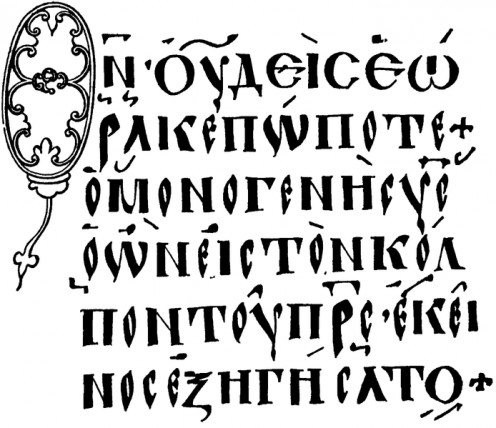
The Codex - The Romans Give Us The First Books - Written Communication
The Romans wrote things down. They used an alphabet and wrote on papyrus scrolls.
Eventually, someone worked out that a page worked better than a scroll and those pages together made a book. They were called a 'codex' which means 'blocks of wood hence words like codices which we still use today).
The book revolutionised literature from that day on. We still have books now in the 21st century, though that is now sharing space with e-books like the Kindle.
The difference between the scroll and the book was that information (reading) went from being sequential to being random.
Now in this respect, communication got a lot easier and also gave the reader more autonomy. We take for granted that we can flick through a book to find the page we want; imagine what this must have felt like to the Romans, so used to unravelling a scroll and reading the whole thing in order!
Broadband internet still allows you to scroll sequentially but you don't need to flick through pages to find what you want as long as your search term is specific enough!
We cannot underestimate the codex as a means of communication - the book is still with us today.
Let's remember though that the Romans' books were all hand scribed. In terms of mass communication, the best was yet to come.

Moveable Type - Communication To The Masses
The Mesopotamians developed woodblocks and so, technically, can be considered the first nation to use print. But it was time consuming and ineffective.
The Chinese created the first movable type in the 11th century using porcelain characters but these were easily broken and inefficient. Korea improved on this using metal type but it was not until Johannes Gutenberg's invention of the printing press in the 15th century that printed media reached the masses (in Europe anyway).
Gutenberg is most famous for the Gutenberg Bible, a means of selling bibles to the literate. It was still very expensive but much cheaper than those already available as manuscripts.
We should not underestimate Guthenberg's achievements. He dies without much recognition for his invention and his entrepreneurial abilities but he certainly invented his printing press at the right time for mankind. The Renaissance was at its height and Gutenberg's invention allowed the printing of books which in turn spread the written word all across Europe. The Renaissance was a period of cultural enquiry, a reawakening of human arts, sciences, political and philosophical enquiry after what are usually called 'the dark ages'.
The enlightenment was the period following the Renaissance and by that time, books were a common item in the lives of the educated and literate. The rest, as they say, is history. It would take me a further 6 or 7 articles to look at communicating religion, anti-religion, philosophy, poetry, prose, history etc,etc,
Printed books were an amazingly effective means of communication - eventually most of mankind would be able to access them and who doesn't love a good book?
Can broadband internet compare with the printing press as a means of communications?
Broadband internet has the ability to bring the written word to the masses in the blink of an eye - if you are a user. If you are a creator of the written word, you have to put in the time to type and then put it onto the internet as...an article, a joke, a comment, a tweet, a status and even....a book! The difference is, you don't need to print it - but you can if you want, just press print!
Broadband Internet - Welcome To Fast Multimedia Communication
And so to the internet - another means of communication.
Over 2.2 billion people have access to the internet worldwide, this makes it an extremely powerful means of communication - maybe THE most powerful?
Let's see how broadband internet has changed the history of communication, so far.
From what you have read already, you will know that it was the spoken word which was the preferred means of communication - human beings sitting around the hearth sharing real life stories until Homer's epic poetry gave this a more creative edge and also became amongst the first ways of relaying historical events.
Move forward to drawings on walls (a pictorial version of the above) and then phonetic inscriptions on the walls of Egyptian tombs.
Scribed and then printed books followed and this was the beginning of mass media in written form. Radio and TV have also both played their part in communicating news, politics and entertainment to us and they still play a part in our lives, along with books in being a useful means of communication.
The social impact of broadband internet cannot be compared with any of those other means of communication.
Broadband internet has allowed anyone possessing either a static or mobile form of it to be in touch with the world 24 hours a day.
It has been the communication conduit for political activists - think of recent events in both Libya and Egypt and now in Syria - You Tube has video straight from the front line.
Think of social networking and its power over trends, politics, opinion, entertainment and plain old ordinary friendship - Facebook, Bebo, My Space, Tumblr, Twitter et al. Now we have excellent VOiP (Voice Over Internet Protocol) so we can use Skype and talk to people online - me in the UK, you in....wherever!
Entertainment - you can download a movie and watch it straight away, streamed to your TV if you have the right gizmo - no more trooping down to the 'video' store and hiring it there. And music is there constantly, make your own playlists and share them with your friends, go to You Tube and watch your favourite TV shows or comedy clips. Watch Adele sing her latest song, listen to mash up music created on someone else's computer! Stars are being made on You Tube - just look at Charlie Bit My Finger-Again! Over 485 million views!
Censorship - in the West,we tend to not see this (except for the likes of the Wiki leaks saga) but countries in other parts of the world censor broadband internet so that citizens in their country get a pared down version of what we see - but sometimes it doesn't work. It is getting easier and easier for those people to communicate as technology moves forward.
And we can now shop online - from food to fancy footwear. Amazon can get you pretty much anything you need and on ebay it might be cheaper; by the way, you can also move your money around online too - your bank, supermarket, video store, music store, news station, telephone booth and personal camera is all there for you. The techno-bods haven't found a way to feed us or bathe us online yet but by and large, most of our other needs are covered - you can even meet the love of your life online too!
Broadband Internet has revolutionised communication - we are all in the midst of a revolution. You can even be a 'mobile' part of this revolution, you don't need to be sitting at a desk with a laptop.
And I love broadband internet communication - I love it that I have communicated with you through this article and that I have made some new 'friends' here and elsewhere. I like it that I can read an email from a friend living in Spain or 'Skype' with friends in the USA. I like that if I want something, anything in fact, all I do is search and click and I have what I want instantaneously.
Does broadband internet have any negatives? In its ability to enable super-fast communication then no it does not BUT...I am tired of seeing people out to dinner or for drinks together 'on' their mobile phones and NOT communicating with one another.
Maybe every once in a while, we need to switch off broadband internet and do something else; maybe we might sit beside the hearth?
Many thanks for reading.
© 2012 Jools Hogg




